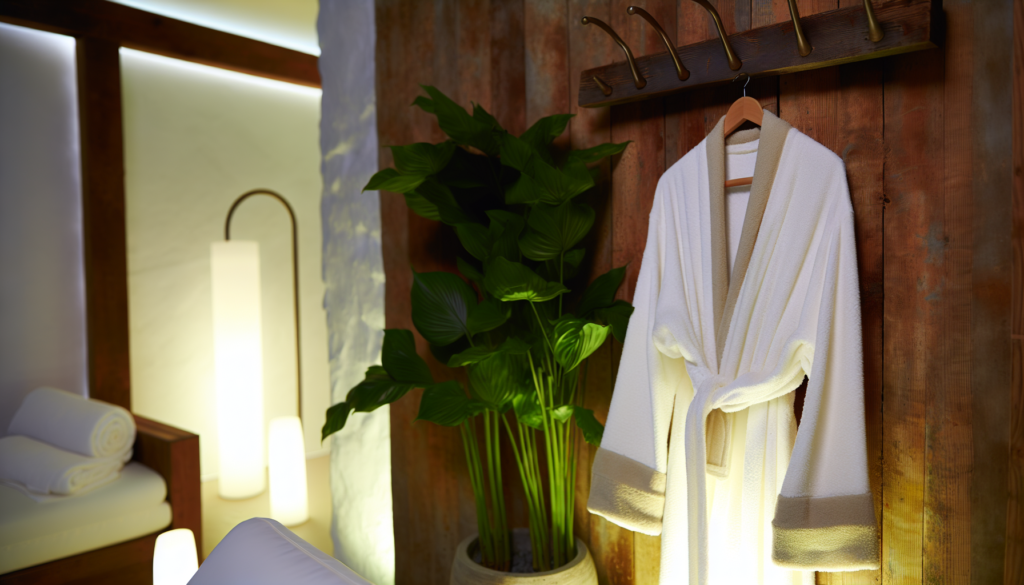Navigating the world of skincare can be overwhelming, especially when your skin seems to react to everything. If you’ve ever experienced redness, burning, or itching after applying a new product, you’re not alone. Having sensitive skin requires special attention and gentle care. The good news is that with the right approach, you can achieve healthy, calm skin without the irritation. This five-step routine focuses on natural, soothing ingredients that work harmoniously with your delicate skin barriers, giving you the confidence to face each day with a radiant, comfortable complexion.
Understanding Sensitive Skin: What Makes It Different?
Before diving into our routine, it’s worth understanding what makes sensitive skin unique. Sensitive skin typically has a thinner or compromised skin barrier, which means irritants can penetrate more easily, triggering inflammation. Environmental factors like pollution, weather changes, and even stress can exacerbate sensitivity.
Signs you might have sensitive skin include:
Remember, sensitive skin isn’t a one-size-fits-all condition. Your sensitivity might be different from someone else’s, so paying attention to your skin’s specific triggers is key.
Step 1: Gentle Cleansing – The Foundation of Sensitive Skincare
The first step in any skincare routine is cleansing, but with sensitive skin, this step becomes even more crucial. Harsh cleansers can strip away natural oils, leaving your skin vulnerable and irritated.
What to Look For in a Cleanser
Opt for cream, oil-based, or micellar water cleansers that clean without disrupting your skin’s natural pH balance. Ingredients like aloe vera, chamomile, and oat extract are particularly beneficial as they cleanse while calming the skin.
When cleansing, use lukewarm water (hot water can trigger redness), and gently pat—never rub—your face dry with a soft towel. Try cleansing just once a day, in the evening, and simply rinsing with water in the morning to avoid over-cleansing.
Step 2: Hydrate with a Soothing Toner
Forget the alcohol-based toners of yesteryear that left skin feeling tight and uncomfortable. Today’s toners for sensitive skin are hydrating formulations that prepare your skin for the next steps in your routine.
Benefits of Alcohol-Free Toners
A good toner for sensitive skin will:
Look for ingredients like rose water, glycerin, and cucumber extract. Apply your toner with clean hands or a cotton pad, gently pressing it into your skin instead of wiping, which can cause unnecessary friction.
Step 3: Target Concerns with Gentle Serums
Serums are concentrated treatments that address specific skin concerns. For sensitive skin, less is definitely more when it comes to active ingredients.
Choosing the Right Serum
Select serums with short, simple ingredient lists. Hyaluronic acid is excellent for hydration without irritation, while niacinamide can help strengthen your skin barrier and reduce inflammation.
If you’re new to serums, introduce them gradually—perhaps every other day at first—and watch how your skin responds. It’s better to go slow than to overwhelm your skin with too many new ingredients at once.
Step 4: Lock in Moisture with the Perfect Cream
Moisturizing is non-negotiable for sensitive skin, as it helps repair and protect your skin barrier, which is often compromised in sensitive skin types.
Finding Your Ideal Moisturizer
The best moisturizers for sensitive skin contain:
Your moisturizer should feel comfortable—not heavy or greasy, but substantial enough to protect your skin throughout the day or night. Sometimes separate day and night creams make sense, with a lighter formula for daytime and a richer repair cream for nighttime.
Step 5: Sun Protection – Non-Negotiable for Sensitive Skin
Sensitive skin is particularly vulnerable to sun damage, which can worsen existing sensitivity and cause new issues. Finding a sunscreen that doesn’t irritate can seem challenging, but it’s essential.
Sunscreen Specifics for Sensitive Types
Look for mineral (physical) sunscreens containing zinc oxide or titanium dioxide, which sit on top of the skin rather than being absorbed. These are less likely to cause reactions than chemical sunscreens.
Many people find success with tinted mineral sunscreens, which provide light coverage while protecting from UV rays. Apply generously and reapply every two hours when outside.
Bonus Tips for Maintaining Calm Skin
Beyond your daily routine, several lifestyle factors can impact your skin’s sensitivity:
Listen to your skin—it will tell you what it needs. Some days, your sensitive skin routine might need to be pared back to just the basics if you’re experiencing a flare-up.
The journey to calmer skin is personal and often involves some trial and error. Be patient with the process, keeping detailed notes about what works and what doesn’t. With consistent care and the right products, your sensitive skin can become more resilient over time, allowing you to enjoy a healthy, comfortable complexion that radiates natural beauty.







